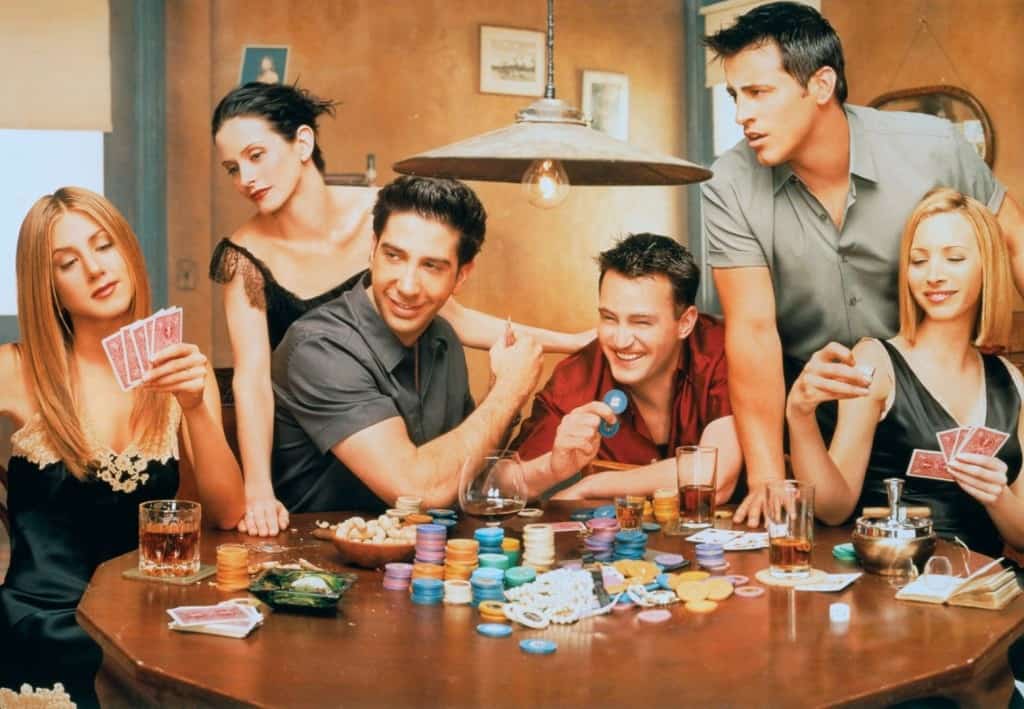10 Things We Know About Ourselves Thanks To Psychology
Lists, Other, Science, Shocking, WeirdWe think we know who we are, and why we do the things we do, but if psychology has thought us anything, it is that most of us are acutely unaware of our own minds. The human brain is a complex mechanism that is layered by conscious and unconscious lenses. Psychology tries to understand the innermost working of our mind and bring vital research to the forefront. There are many things we now understand thanks to the unrelenting pursuit of professionals in this field. This list features 10 amazing things we now know about ourselves thanks to psychology.
Flawed Memories

We now know that we can’t really trust some of our own vivid memories. It is called ‘flashbulb memories’, a phenomenon that occurs whenever something traumatic occurs in our life. So the next time you think back to something you are certain about, make sure you think about this.
Illusion Of Influence

We like to think that the people around us are more easily influenced that we are. This effect is known as the ‘third person effect’. We don’t see how advertisements and other factors influence us subconsciously, but we tend to notice this effect on other people around us.
First Come, First Serve

We tend to make decision quite quickly, even if we think about our decisions after our mind has decided. This is why the first few names on a ballot have a 2.5% higher chance of winning.
Wandering Mind

Think you are a bit of a day dreamer? Well you are not alone! Nearly everyone’s mind tends to wander at least 30% of the time everyday. A wandering mind is not a bad thing though and research has shown that people with a higher disposition to mind wandering tend to be more creative and better equipped at problem solving.
We Tend To Overestimate Our Reactions

For some reason, we are not able to accurately predict our own reactions to events in the future, whether they are positive or negative. For example, we may overestimate how happy we will be if we get a promotion, or be extra fearful of attending an ex’s wedding.
A Matter Of Choice

We tend to think that we want more choices, but our brain is more comfortable with lesser choices at all times. A recent study conducted outside a supermarket used two different tables containing 6 and 24 jars of jams on sale. Although people stopped a lot more at the table containing 24 jams, they purchased more from the table containing only 6 jams.
Functioning Friend Limit

We are definitely social creatures, and we tend to have a lot of friends thanks to a technologically super-charged world. Unfortunately, our Facebook account is grossly inaccurate when it comes to telling us how many friends we have. It has been proven that we are capable of developing close ties to only about 50 to 150 people in our lifetimes.
Strong Colors

We now know that there are certain colors out that pop out more than others and tend to be hard on our eyes. This is because of a phenomenon known as ‘Chromostereopsis’. Red and blue are the two colors that are the hardest on our eyes.
Unfair Judgement

We tend to blame other people’s mistakes on their personality, but we don’t do this when it comes to our own mistakes. This is known as the fundamental attribution error. If someone doesn’t hold the lift for us, we tend to think they are a bad person, and not that the person is probably busy. The same rule doesn’t apply to our own mistakes though, that is our biggest flaw.
Subconscious Decision Making

We tend to think that we are masters of our mind, but nearly 90% of all decisions we make have already been made by our subconscious mind. Our brain has to sift through 11 million pieces of data at all points, so in order to help make the decisions at a faster pace, our subconscious personality takes over and makes the decisions for us. The scary part is that we don’t know our subconscious selves very well, so the person making these decisions is an absolute stranger to most of us, even though we think we know why we made the decision.



